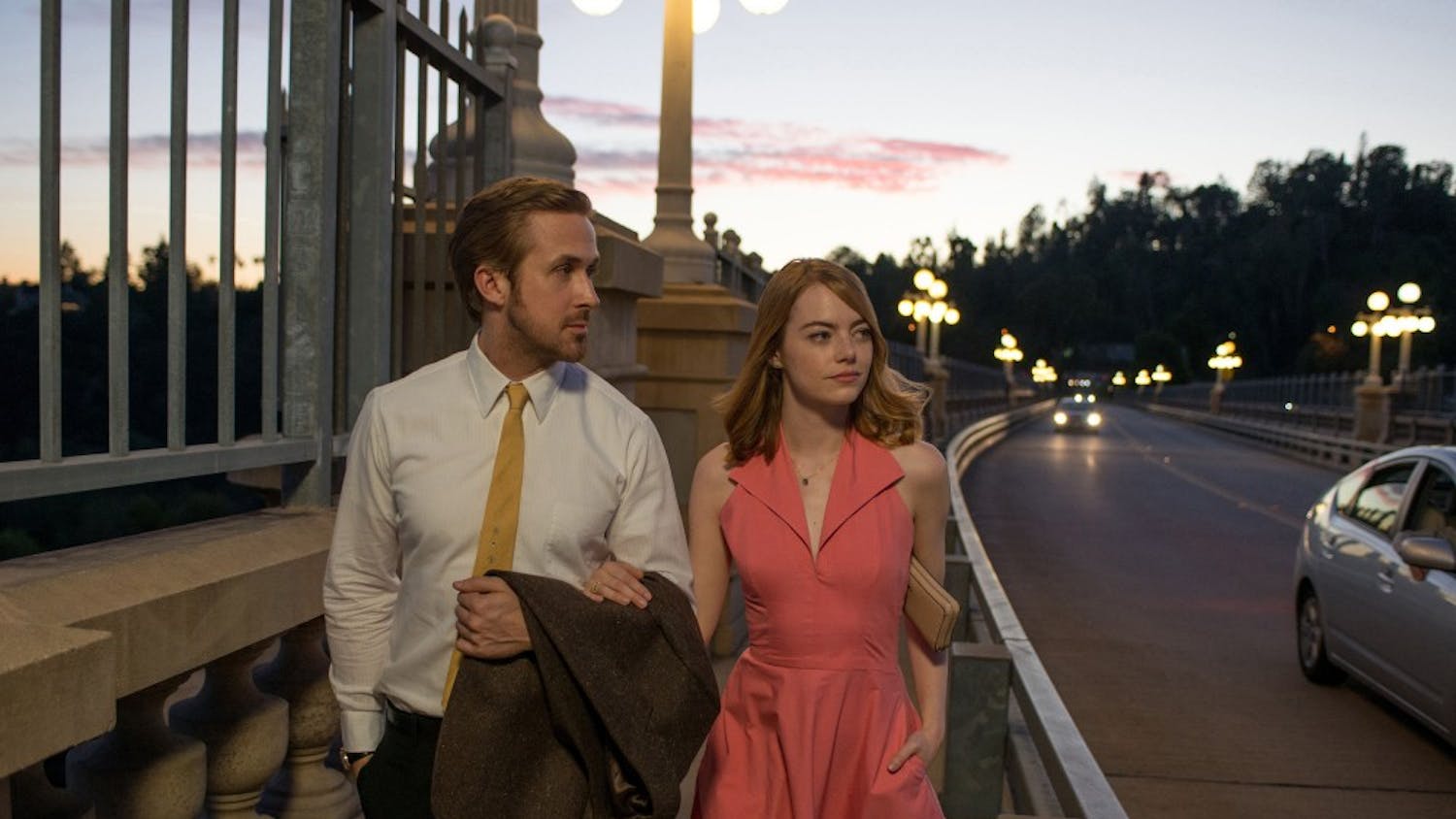I never imagined how deep "Lost" would delve when I first started watching it in the autumn of 2004. I also never imagined how popular it would become, or how many people who watched it on a weekly basis would profess their hatred for and unending frustration with it while still tuning in religiously. In short, "Lost" is still the best show on television (as the 250-member Facebook group I created proudly proclaims), and after two fantastic seasons on ABC I felt the need to discuss it at length in the IDS once again.\nBy now, anyone who isn't a rabid fan of the show will have most likely closed the magazine or dismissed my praise and fanboy ranting. I'll freely admit that I'm a "Lost" fanboy, but I firmly believe that recent developments in and around the show have rendered it far more important and groundbreaking than any television program on the air today. "Lost" has succeeded at developing a mythology about itself unlike any show in recent memory, save "The X-Files" and possibly "Twin Peaks." With the deft employment of viral marketing exemplified by thehansofoundation.org, the Gary Troup novel "Bad Twin," hansocareers.com and the toll free number 1-877-HANSORG, as well as the hundreds of thousands if not millions of blog and message board postings logged after each new episode aired this past season, "Lost" has cemented itself in the upper echelon of cult television.\nIt doesn't hurt that the Emmys and Golden Globes honored the show with their Best Television Drama awards for its first season, but critical praise is beside the point. Upon the close of the second season last week, "Lost" has become the first moderately interactive scripted program on television, with a fanbase consisting of everyone from 80-year-old nursing home residents to teenage D&D nerds.\nAs much as I would love to avoid transforming this column into an aggressive fellation of Lost's impressive member, it's hard not admire what the show has accomplished in its first 47 episodes. Aside from introducing and fleshing out a cast of over 20 principal members, it's also introduced a mysterious island and a duo of nefarious corporations \nboth steeped in a mythology almost impenetrable to casual viewers. No other show's writing staff works so hard to keep so many viewers simultaneously enthralled and completely in the dark.\nWhile season one focused on a tight-knit group of castaways dealing with day-to-day life on the island on which they were planted, season two vastly expanded the show's scope. Viewers now have a whole new faction of castaways to assimilate, as well as members of the mysterious Others (a clan of islanders present before the main cast crashed on the island) and a stable cast of displaced animal life and monsters made of black smoke and video screens to take stock of. The show's tendency to reveal answers to previously asked questions about the aforementioned things while piling up a mass of newly unanswered ones both frustrates and excites viewers, and such mysteries are the primary catalyst of the show's mass appeal and unrivaled tension.\nSeason one ended with the mystery of "what was inside the hatch," and as soon as we found out the answer to that question, there were 100 more questions posed. As I said in my first IDS write-up on "Lost" (only six episodes into its run), this show is not for the casual viewer. Either you're in for the long haul or you're an outsider doomed to be baffled at people like me endlessly browsing the Hanso Foundation's website for clues.\nThe multiple websites, interactive phone number, and tie-in novel only enhance the "Lost" experience for die-hards, and while such viral marketing may seem to some to only enhance the brain-deadening effect of television, I can't help but champion television as stimulating and positively unnerving as this show is. I can't imagine such an elaborate marketing scheme working in the benefit of any show that wasn't as meticulously detailed and impossibly dense.\nI've encountered my share of doubters, all with valid concerns dismissing "Lost" as watered-down sci-fi posing or as a show with no idea of where it's going. Most of those doubters were lent my season one DVD set only to become immediately hooked and tune in obsessively to season two. "Lost" simply cannot be pigeonholed into any genre, and its characters can't be pigeonholed into typical television drama stereotypes. Its main fanbase remains in a constant state of "push the button/don't push the button," just like the show's primary protagonists.\nSeason three begins in October, and I, and millions of others can't help but wait feverishly. "Lost," while being immensely popular among many demographics, finds it hard to compete with some of today's most popular television series. It can't compete with "American Idol" because it actually has a meaningful purpose. It can't rival "Desperate Housewives" since it actually has a moral center. It can't even touch "CSI" due to the fact that its plot doesn't recycle itself week to week. "Lost" is in a class of its own, and no other television drama today (besides "The Sopranos") can even come close to touching it.
Lost in Thought
Get stories like this in your inbox
Subscribe





